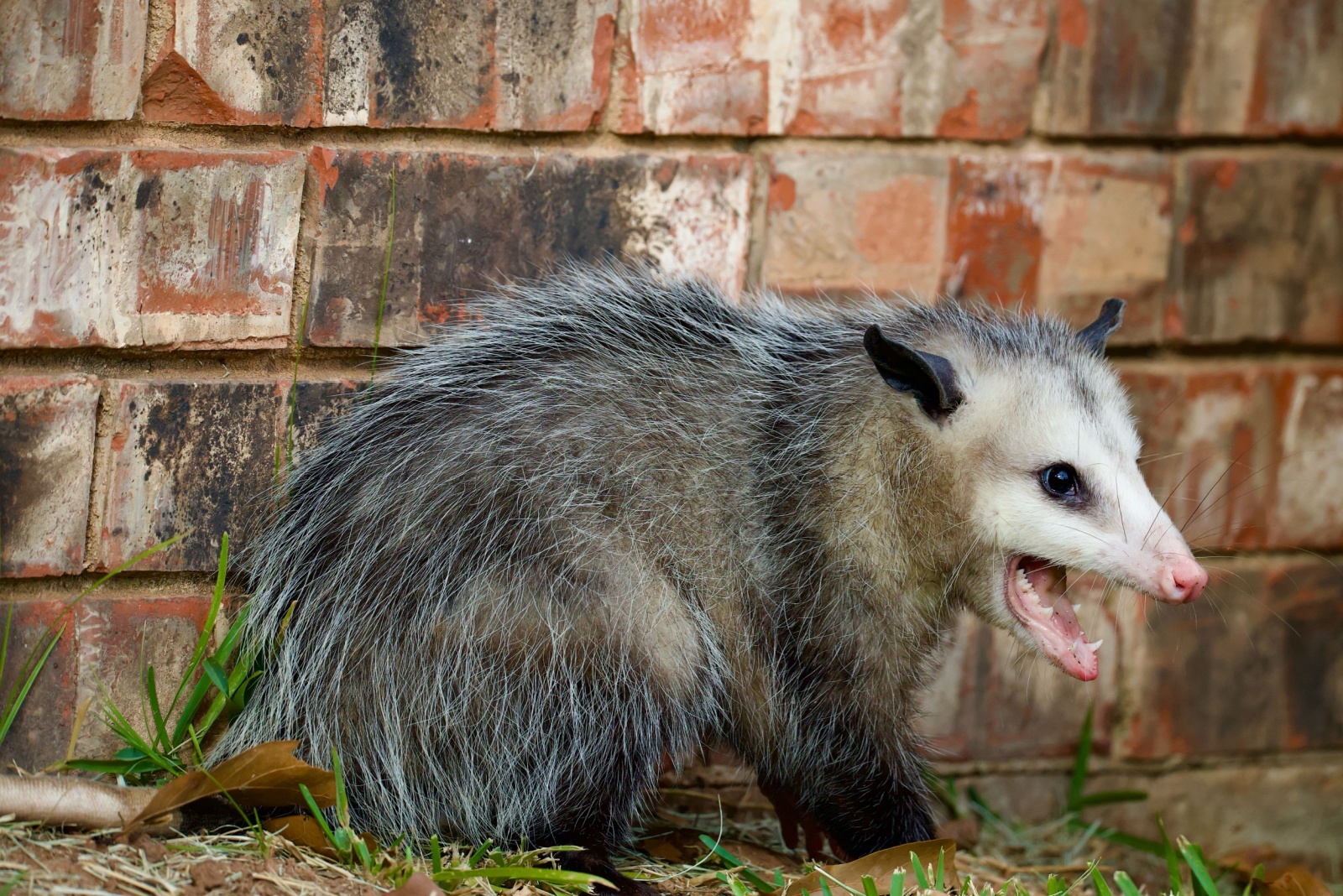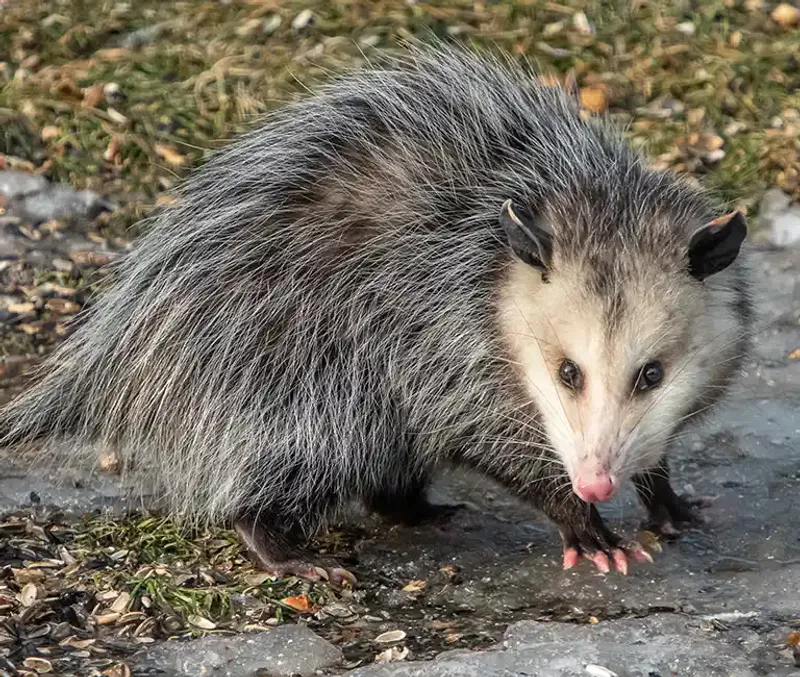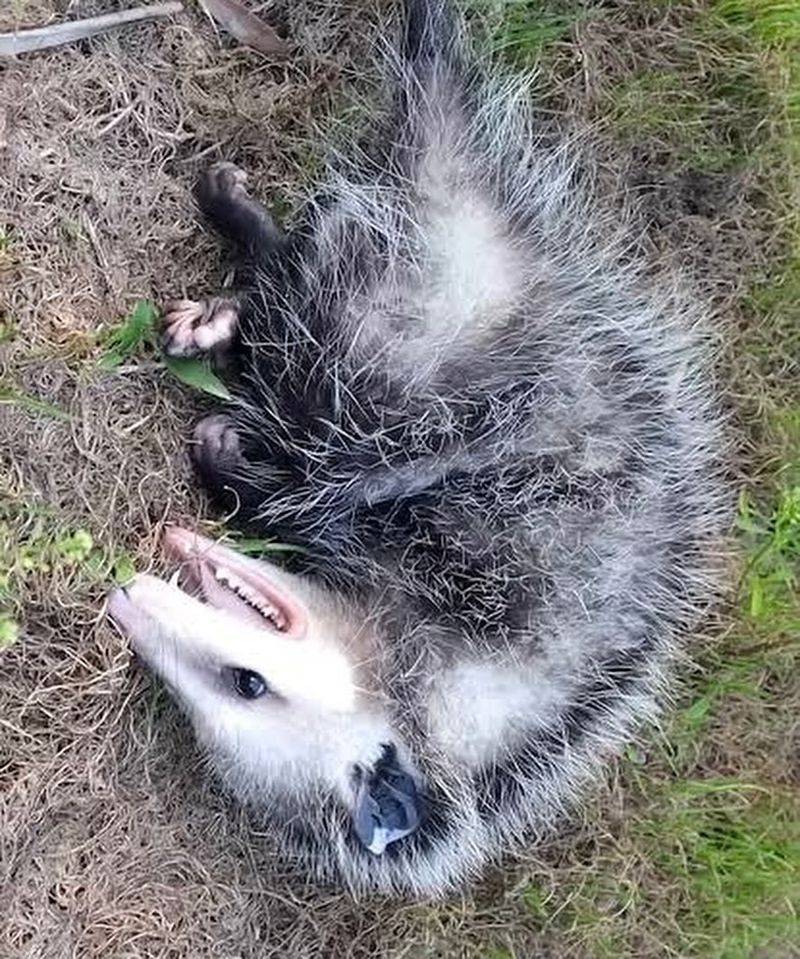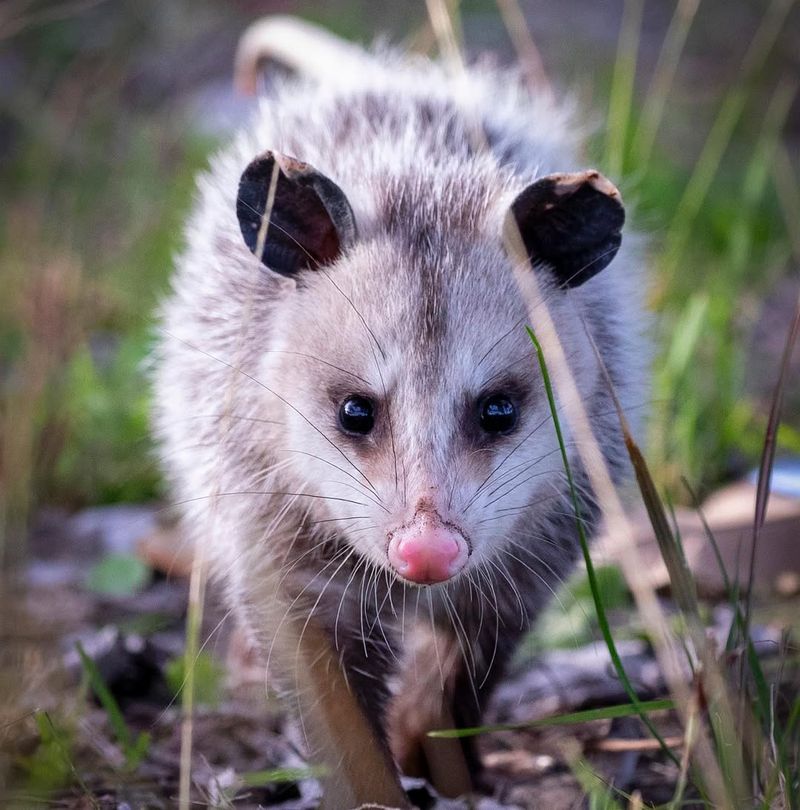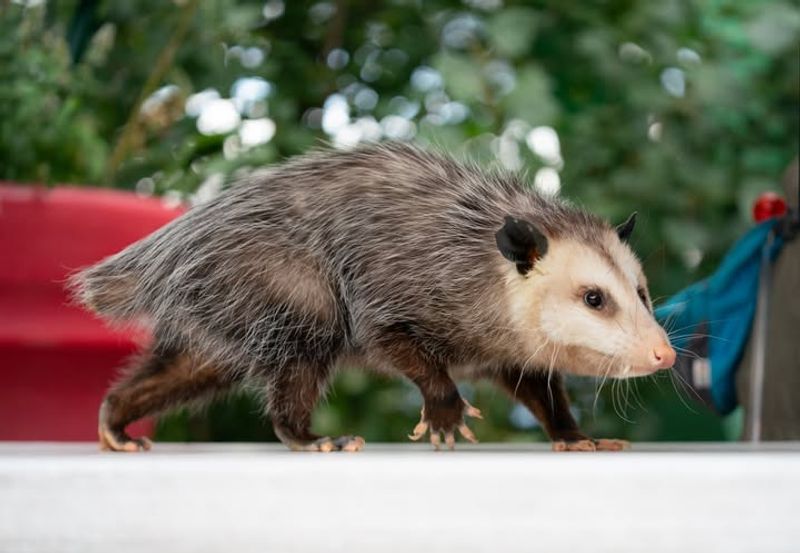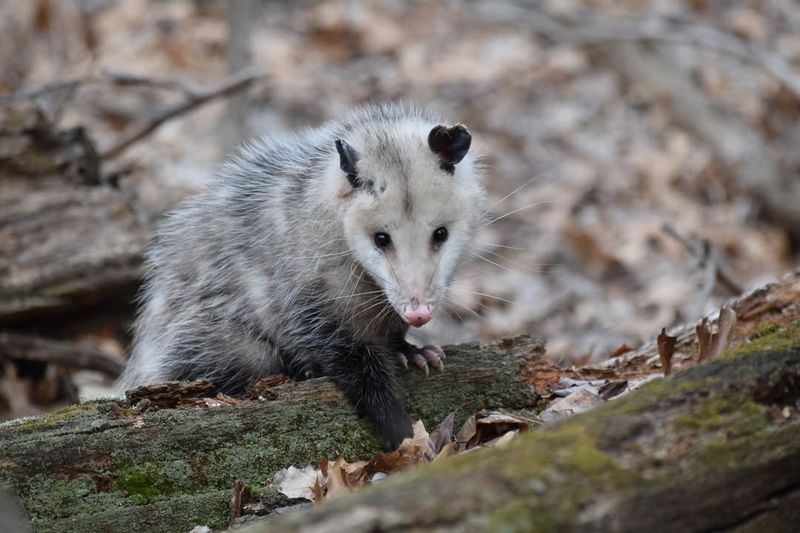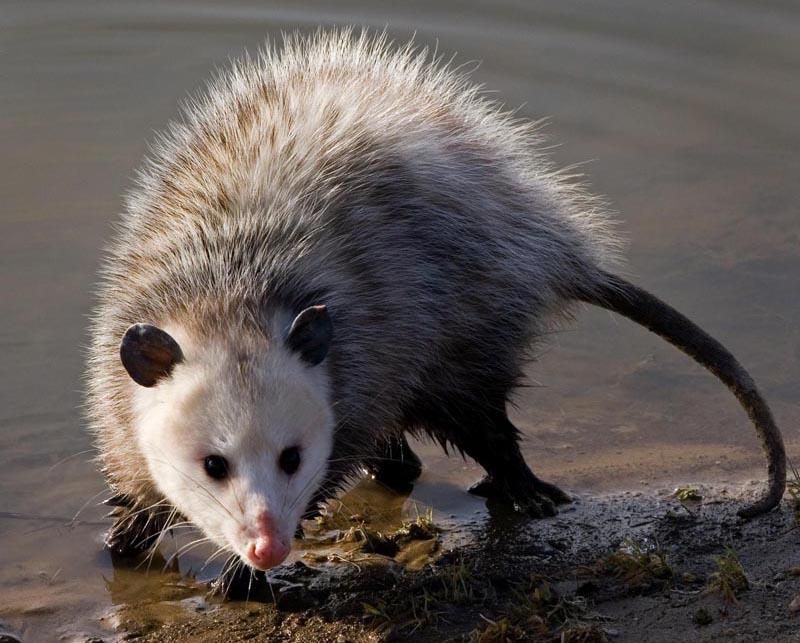Possums in the yard can be about as welcome as a skunk at a garden party. But before you roll up your sleeves to remove them, there are a few key facts every Iowa homeowner should keep in their back pocket.
A little know-how now can save you a heap of headaches later.
1. Possums Are Actually Beneficial Neighbors
Many Iowa homeowners don’t realize that possums are nature’s cleanup crew. They eat ticks, cockroaches, rats, and other pests that can cause real problems around your home.
A single possum can consume thousands of ticks each season, which helps reduce Lyme disease risk. They also munch on snails, slugs, and dead animals that would otherwise rot in your yard.
Instead of being pests themselves, possums work hard to keep your property cleaner and healthier naturally.
2. Iowa Law Protects These Marsupials
You can’t just trap and relocate a possum anywhere you want in Iowa. State regulations require specific permits and guidelines for wildlife removal.
Relocating possums without permission can result in fines and legal trouble. The Iowa Department of Natural Resources has clear rules about handling wildlife on your property.
If you’re dealing with a possum problem, contact a licensed wildlife control operator who understands local laws and can handle the situation properly and legally.
3. They’re Not Aggressive Animals
Despite their hissing and showing teeth, possums are actually quite timid creatures. When threatened, they’re more likely to play dead than attack you or your pets.
Their famous defense mechanism of playing possum is involuntary, like fainting. They literally can’t control it when they feel scared.
Possums have a low body temperature that makes them resistant to rabies, so they’re safer than many other wild animals you might encounter in your Iowa yard.
4. Removal Might Create Bigger Problems
When you remove a possum, you’re creating an empty territory that other animals will quickly claim. Rats, raccoons, or skunks might move in, and they’re often more destructive.
Possums are territorial and keep other possums away, so you won’t have multiple families taking over. They also don’t cause structural damage like raccoons or squirrels.
Before removing your possum neighbor, consider whether the replacement might be worse for your property and peace of mind.
5. Simple Deterrents Work Better Than Removal
Most possum visits are temporary, and simple changes can encourage them to leave naturally. Secure your garbage cans, remove pet food from outside, and eliminate brush piles where they hide.
Motion-activated sprinklers or lights can make your yard less appealing without harming the animal. Possums prefer quiet, dark spaces for shelter.
These affordable solutions address the root problem and prevent future wildlife issues without the expense and hassle of professional removal services for your Iowa home.
6. Possums Are Temporary Visitors
Unlike raccoons or squirrels that den for extended periods, possums are nomadic and rarely stay in one place long. They typically move on after a few days or weeks.
Female possums might stick around slightly longer if raising babies, but even then, they’ll relocate once the young are independent.
Patience often solves the problem naturally without any intervention. Your unwanted guest will likely disappear on their own, searching for new food sources and shelter elsewhere in the neighborhood.
7. Professional Help Costs More Than Prevention
Hiring a wildlife removal service in Iowa typically costs between two hundred and five hundred dollars, depending on the situation. That’s a significant expense for a problem you might prevent cheaply.
Investing in prevention like securing food sources and sealing entry points costs far less upfront. Regular yard maintenance keeps possums and other wildlife from becoming interested.
Smart homeowners focus on making their property less attractive to wildlife rather than paying repeatedly for removal services when new animals inevitably arrive.

